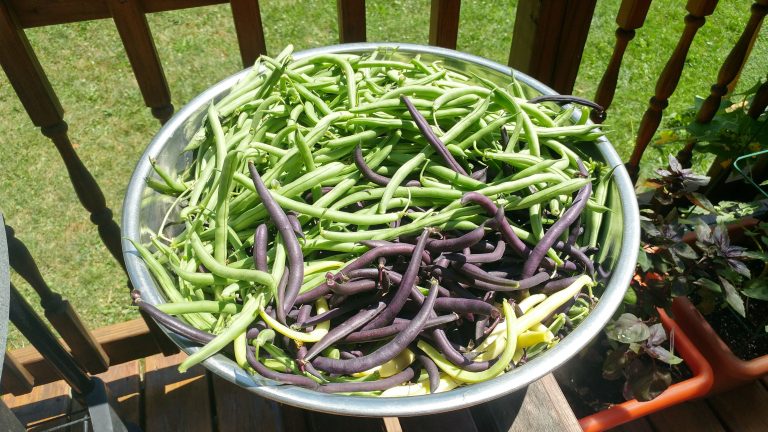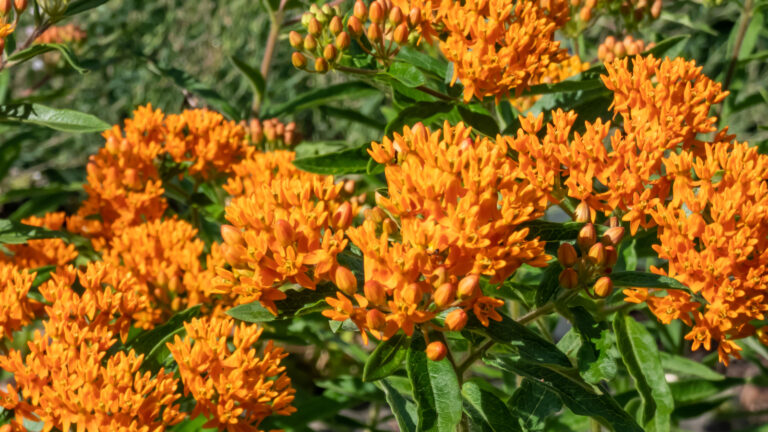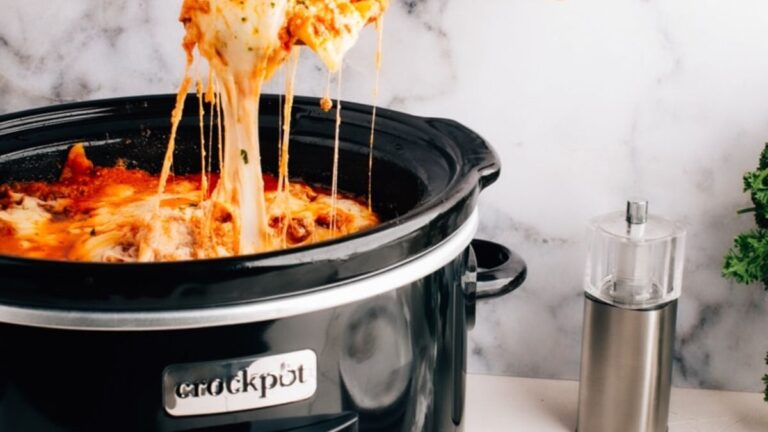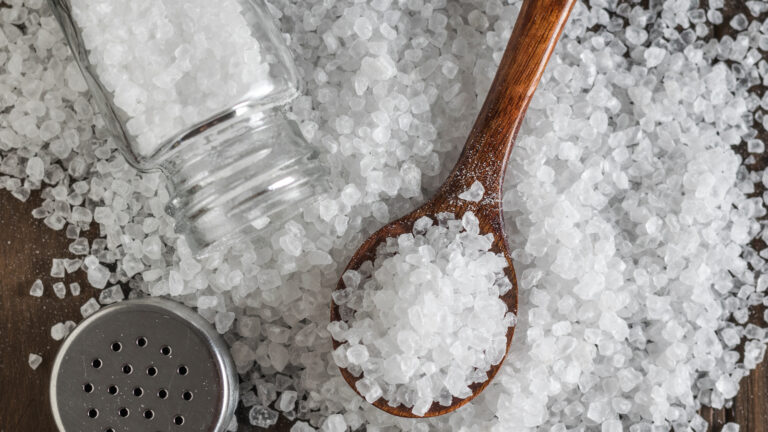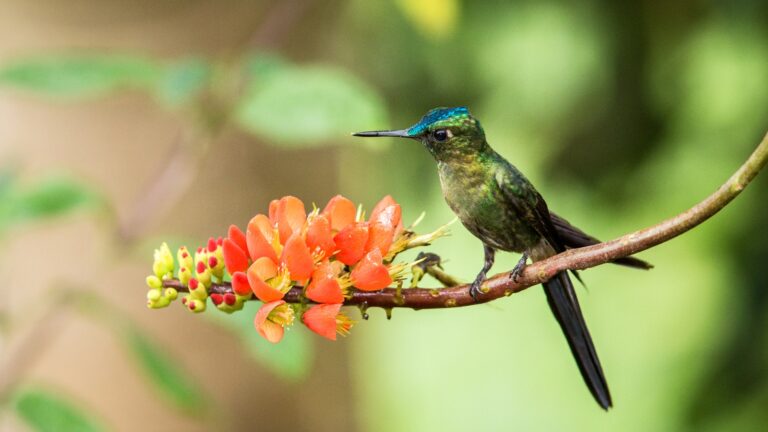This post may contain affiliate links.
Composting is a sustainable and eco-friendly way to recycle kitchen and garden waste. Composting turns your kitchen waste into nutrient-rich compost that benefits plants and reduces landfill waste.
It is a simple yet profoundly impactful practice that exceeds the mere act of recycling kitchen scraps and yard waste. Here are a few benefits of composting that you should know.
Boosts Soil Health

Compost enriches the soil with vital nutrients, leading to a more fertile and productive ground. As a result, plants are healthier, and yields are larger, whether you’re cultivating vegetables or flowers.
Composting is Simple

Composting is easy and fun, requiring little effort, equipment, cost, or expertise.
Promotes Biodiversity

Mixing compost into your garden boosts the population of beneficial insects and worms. These tiny allies decompose organic matter, making nutrients more readily available to your plants.
Cuts Down on Chemicals

Using compost reduces dependence on chemical fertilizers, which can harm the environment. Compost naturally nourishes plants without the negative effects associated with chemicals.
Keeps Soil Moist

Compost enhances the soil’s ability to retain water, reducing the need for frequent watering. This advantage is particularly valuable during periods of drought.
Reduces Waste

Much of our waste can actually be composted, which decreases the volume of garbage sent to landfills. This practice conserves landfill space and cuts down on waste management costs.
Saves You Money

Creating your own compost can cut down on gardening costs providing you with free, high-quality soil amendment. It’s a cost-free resource directly from your kitchen scraps.
Protects Rivers and Lakes

Compost reduces the risk of fertilizer runoff contaminating waterways, protecting fish and wildlife. This leads to cleaner runoff and healthier aquatic environments.
Encourages Better Farming
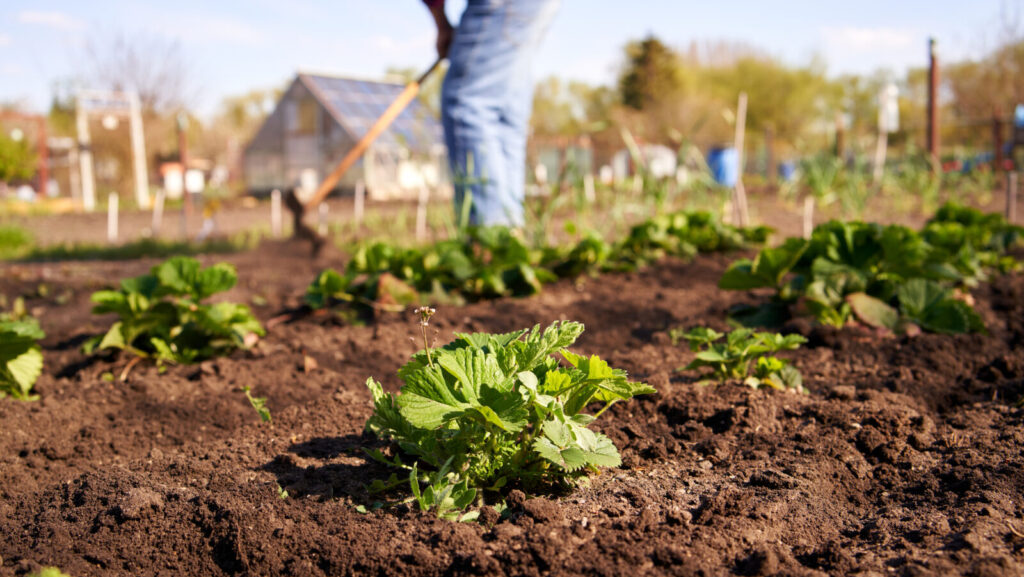
Incorporating compost into farming improves soil health, reduces dependency on chemical fertilizers, and yields higher-quality crops. This benefits both farmers and the environment.
Builds Community
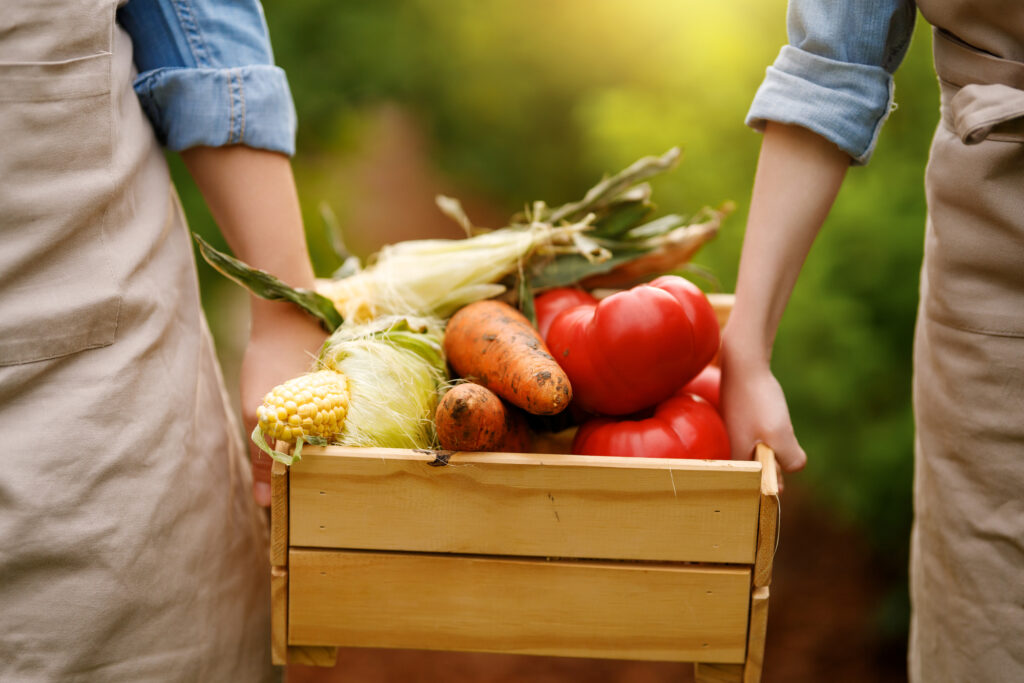
Community composting initiatives can unite neighbors and promote the advantages of composting. They offer a collaborative approach to achieving a shared environmental goal.
Composting Made Easy: A Simple Guide to Transforming Kitchen Waste
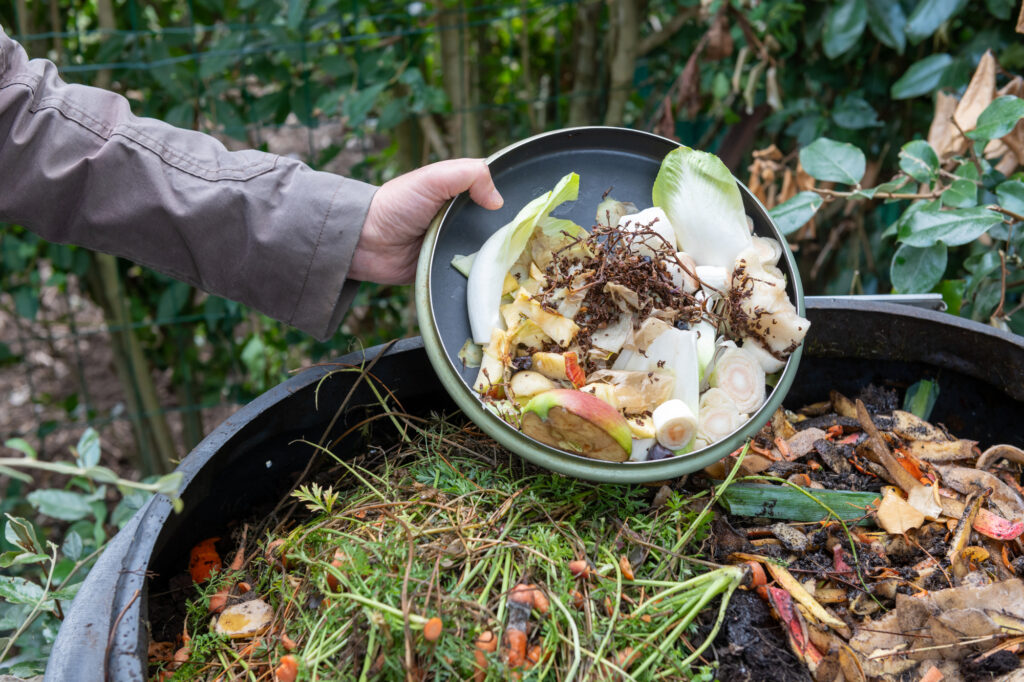
Here’s a beginner’s guide to composting. Composting Made Easy: A Simple Guide to Transforming Kitchen Waste
How to Start a Herb Garden from Scratch

Growing something as simple as our own herbs is a huge step towards sustainability. You can begin the process in a small space in the kitchen or backyard with some of your favorite herbs. Here are some simple but practical steps to get you started on your own herb garden.
How to Start a Herb Garden from Scratch
Plants to Grow Now for a Mosquito-Free Summer
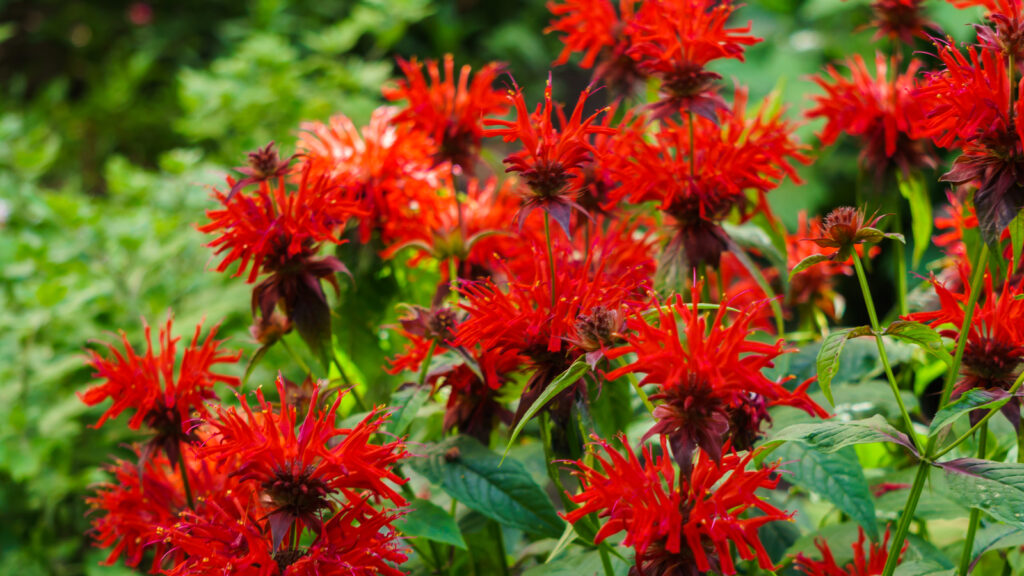
Here are some of the best plants that you can grow in your yard to help keep the mosquitoes at bay.
12 Plants to Grow Now for a Mosquito-Free Summer
20 Best Plants for Container Gardening

Container gardening can be as fulfilling as large-scale farming when it comes to growing and harvesting your own food. Whether planting in your backyard, on a balcony, patio, or urban homestead, here are some of the best plants that are simply perfect to grow in containers.
20 Best Plants for Container Gardening
28 Budget-Friendly Front Yard Ideas for Stunning Curb Appeal
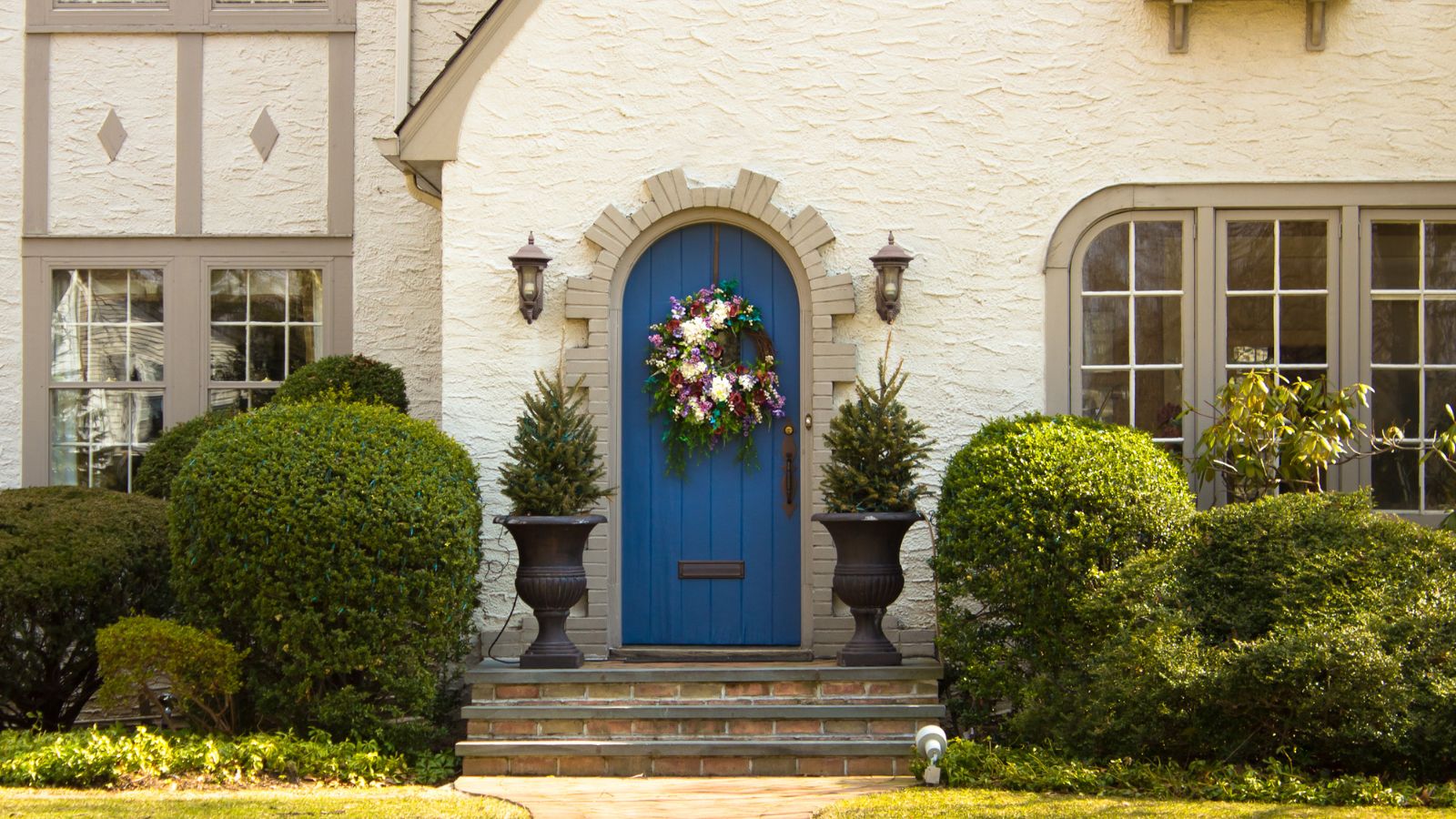
Improving your home’s curb appeal not only presents well but can also boost your home’s value. And even if you are on a tight budget, with simple yet affordable ideas, you can have your front yard looking like a star in no time. Here are 28 ideas to give your front yard the attention it deserves and transform it into a beautiful and inviting space you can be proud of.
28 Budget-Friendly Front Yard Ideas for Stunning Curb Appeal
